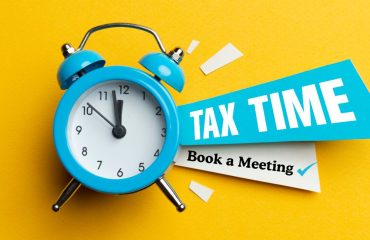Depreciation schedules greatly aid your investment in property by helping to maximise on your tax deductions.o receive legitimate deductions, you will need a qualified person such as a quantity surveyor, project organiser or supervising architect to undertake an onsite inspection of the property and compile a depreciation schedule based on this visit. Estimates of tax depreciation benefits made from an office desk, accountant, property valuer or real estate agent are not suitably qualified and will not be accepted by the ATO.
Inspections will help to quantify all of the assets you have and a depreciation schedule keeps your records in check, making sure you are claiming the most back. A depreciation schedule should be completed when you first purchase a property so all elements of your investment can be assessed. Having a professional inspection gives you records of the construction costs if you have not built it yourself and other valuable information on the property as a whole.
Within the depreciation schedule is a section called Capital Works deductions. These can be claims made on renovations done after 1987 (even if you did not make those renovations) along with the estimated cost of development and building allowances on properties constructed after 1987. However, buildings constructed before then can have claims made on internal details of the property such as carpets, blinds, ovens, etc. with their value depending on age and condition. Your qualified person can also backdate previous year’s reports and create estimation reports on items you want to scrap in a renovation, if that is your intention. Capital works deductions typically make up between 85 – 90% of the total claim.
Also within the schedule are Plant and Equipment deductions. These are items that can be easily removed from the property and are affected by condition and quality. Covered in this category are fixtures like security systems, solar panels, hot water systems, heating/air conditioning units, light fittings, swimming pool filtration and cleaning systems.
You will only need to do one depreciation report for a property which can then be updated yearly by an accountant if any deductible changes are made. Along with all the items they can help you claim, the cost of hiring a quantity surveyor can be tax deductible.











